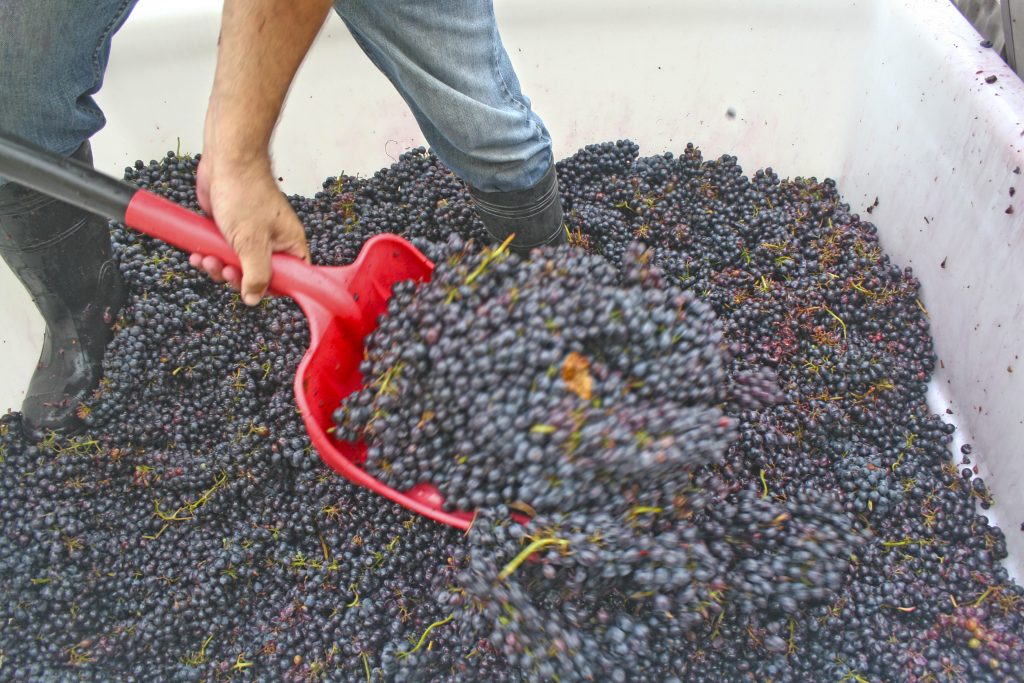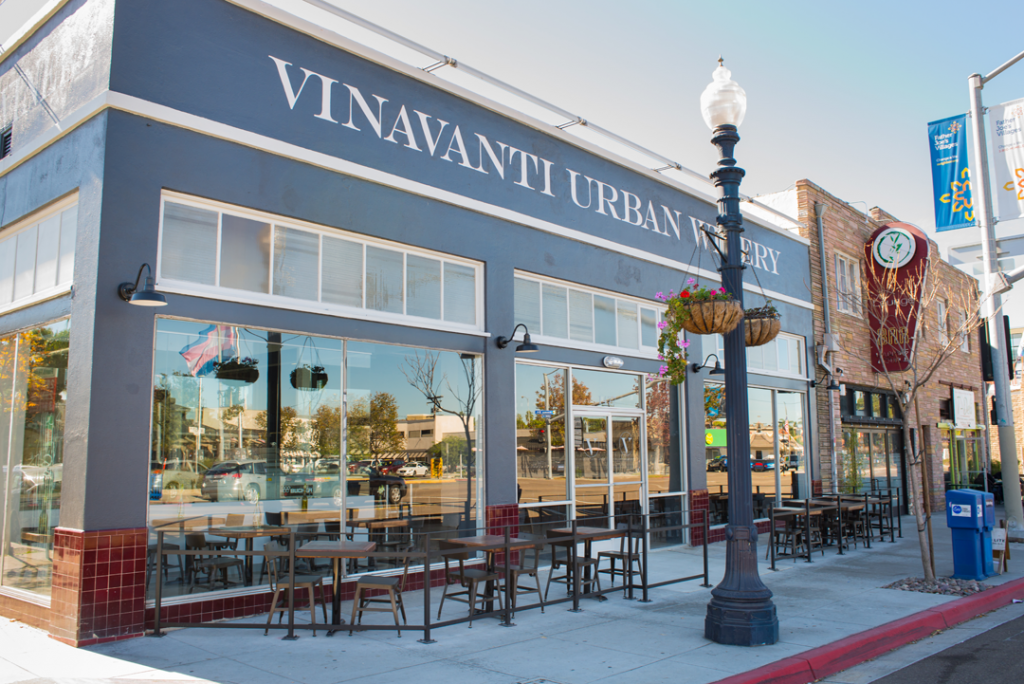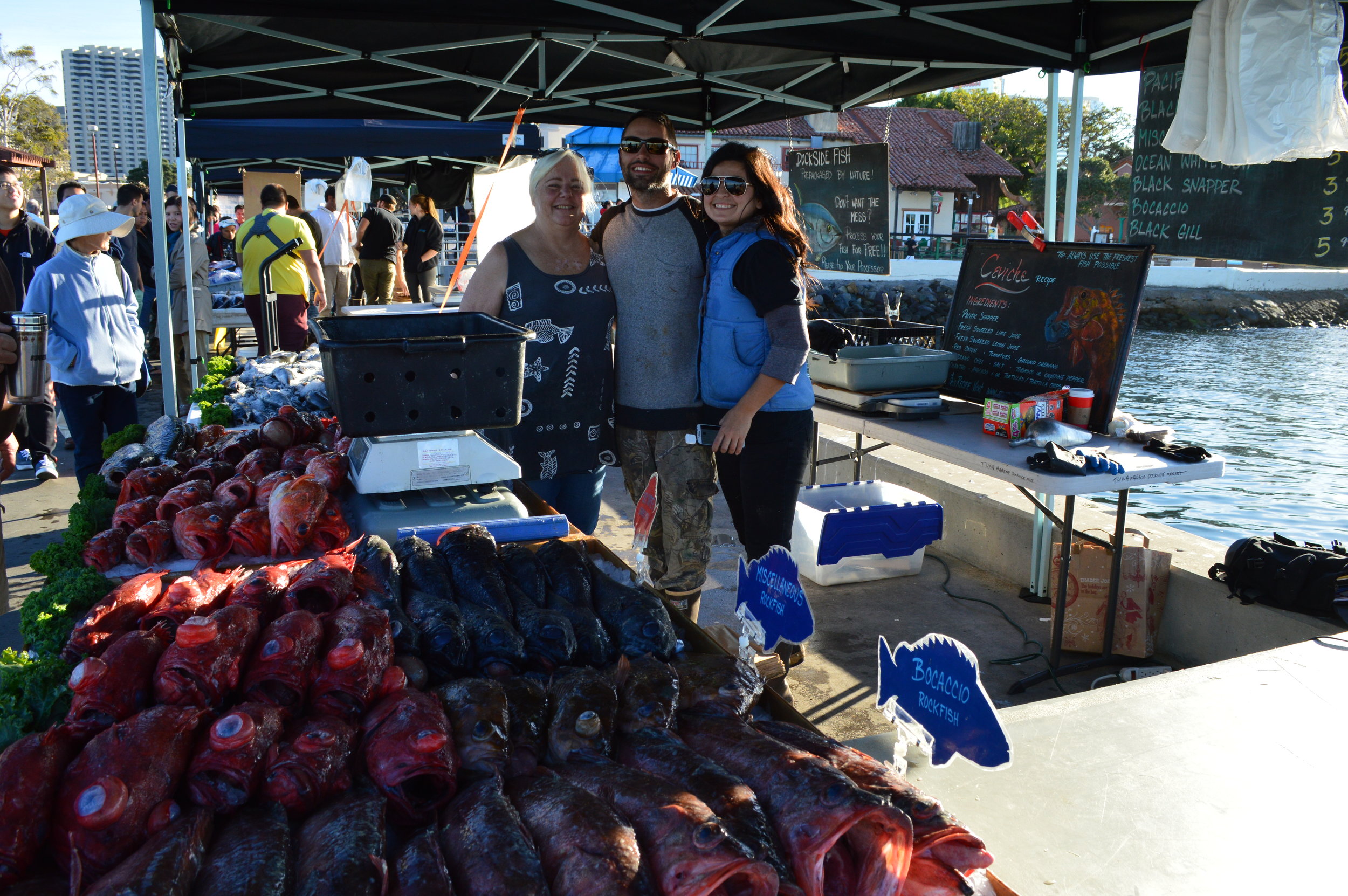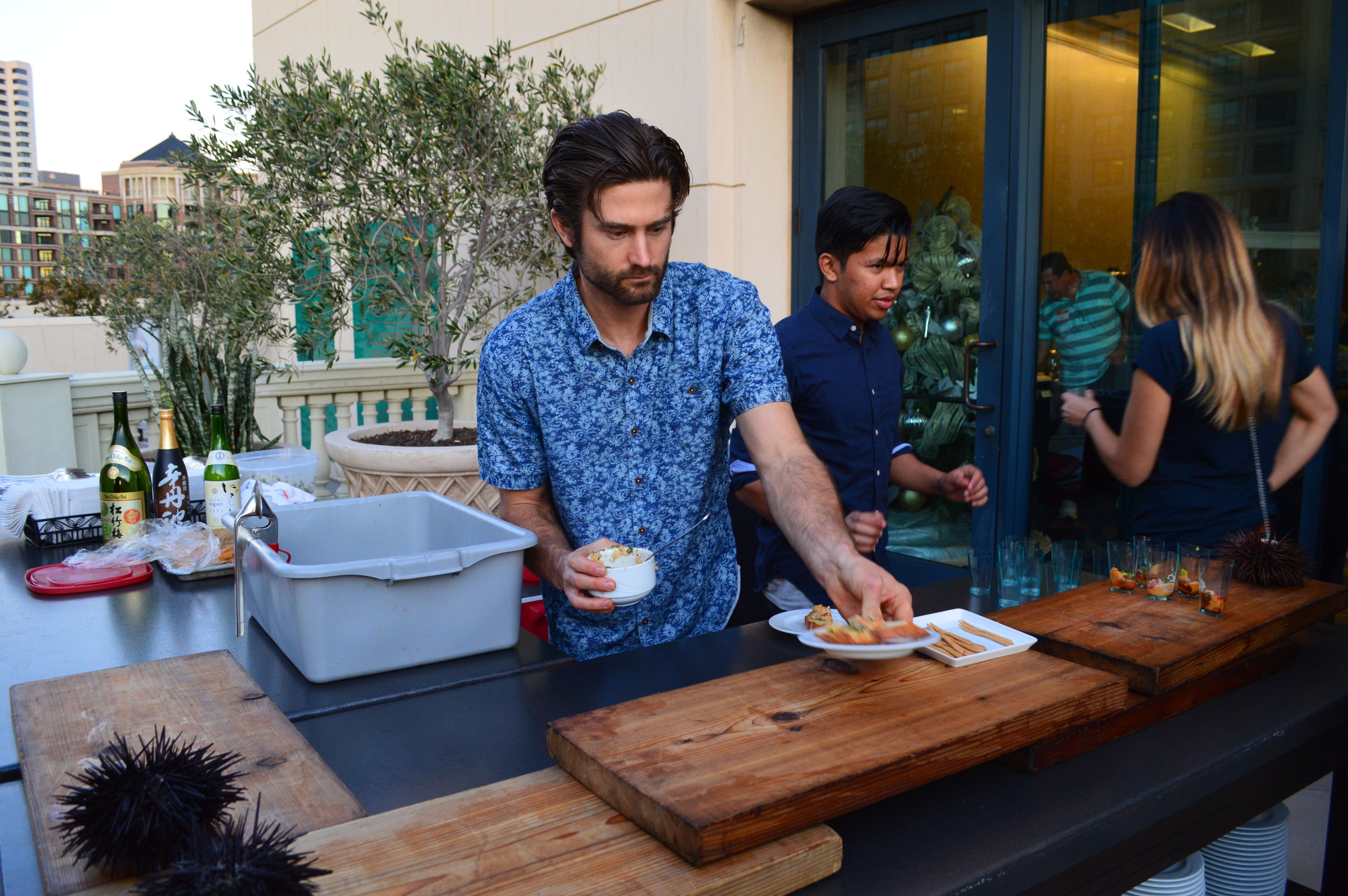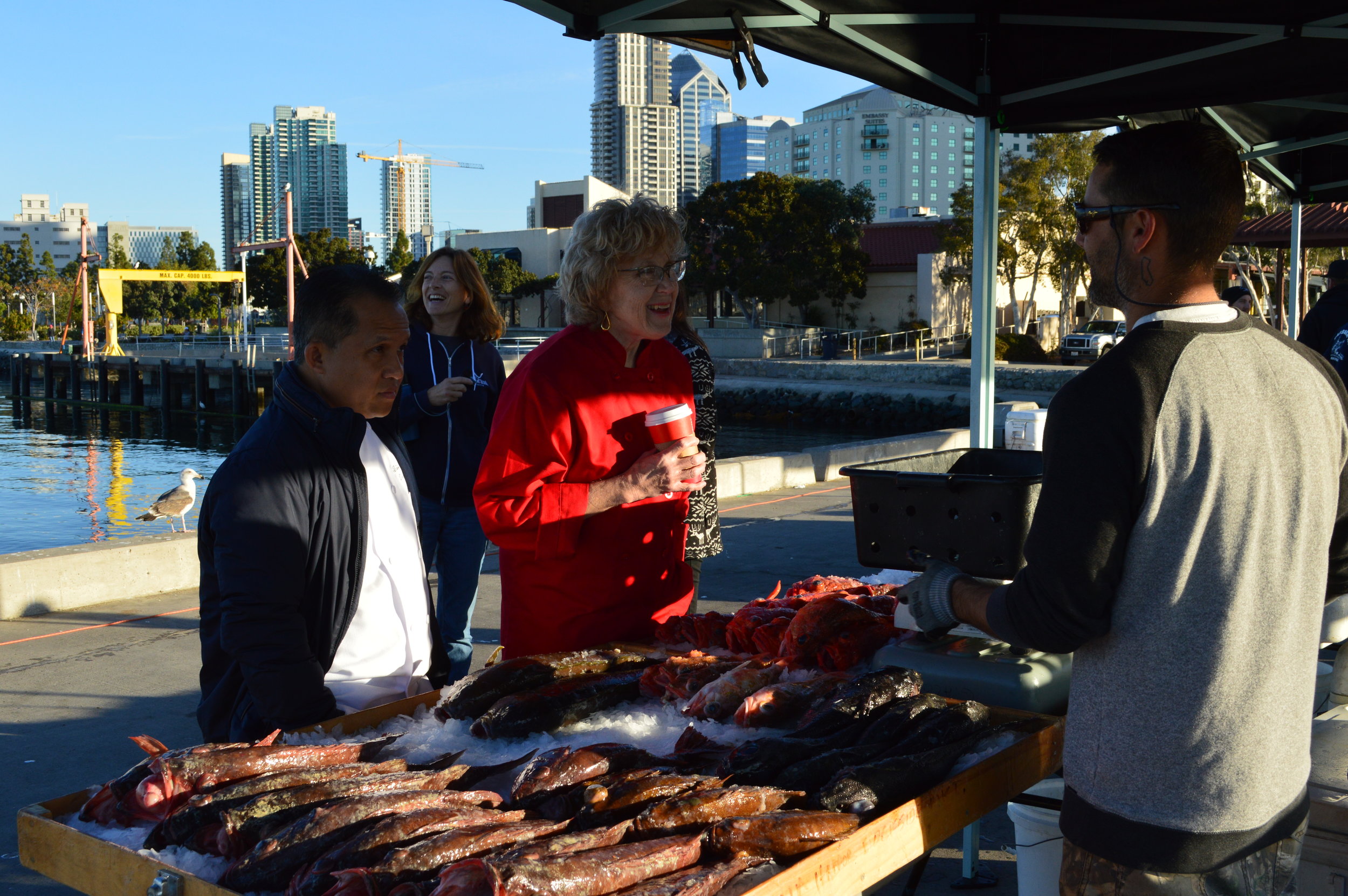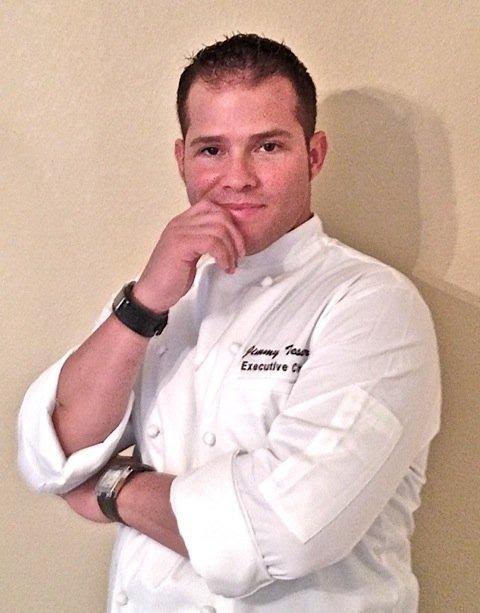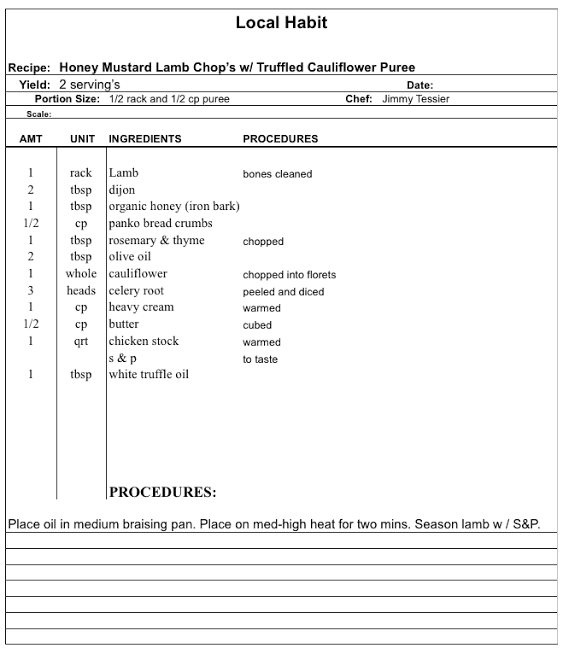Slow Food Urban San Diego is excited to host this year’s Good Food Community Fair at the WorldBeat Cultural Center in Balboa Park. The Good Food Community Fair is our largest annual gathering of food activists, producers and purveyors. This year we’re integrating the theme of ‘The True Cost and Value of Food’ into the day’s activities. We hope to bring awareness to the parts of the food system people don’t see, good and bad, and to focus on food justice concerns. With this in mind we couldn’t think of a better place to host than the WorldBeat Cultural Center (WBC).
The WorldBeat Center is a non-profit multi-cultural arts organization committed to “healing the world through music, art, dance, education and sustainability” housed in a repurposed 1-million gallon water tower. They provide programs and services that nurture the spirit of children, elderly and everyone in between. Ultimately, they seek to heal the world by creating unity through diversity. Its doors are open every day to all people, regardless of color or creed, as a place to celebrate all cultures, art, music, dance, and people.
THE EDUCATION GARDEN
One of the many beautiful assets of this venue is the Children’s Peace Garden. This native garden is a favorite location for school garden projects, nutritional education programs, summer camps, field trips, and partnerships with local organizations dedicated to food security. Through this garden, the WBC raises awareness around sustainability, urban wildlife, conservation, and urban gardening teaching inner city children and adults about recycling, composting, gardening and bird watching.
The WBC utilizes this space to educate the public about the role of plants in society today along with the relationship of plants in the local and global indigenous cultures of the past. In 2015, in coalition with the local Kumeyaay, the World Beat Center embarked on a multi-level terraced garden of endemic and indigenous plants and vegetables that are part of the Kumeyaay lasting traditions.
THE SUSTAINABLE BUILDING
Not only is the building constructed of a repurposed water tower it’s sustainably run with LEED Certification, solar lighting fixtures, recycling and composting programs & handi-capable bathroom facilities.
With the inside walls covered in murals by local artists brightly commemorating important leaders and historical cultures, there are multiple galleries and small shops within the building where healthy local foods are served, locally-sourced goods are sold, and a gallery of art and artifacts is displayed. Flags of all nations fly from the ceiling while the stage and dancefloor have hosted hundreds of famous and upcoming acts, artists, and events to the delight of tens of thousands of fans and attendees.
Known throughout California and Mexico for its exterior murals celebrating Egyptian, African, and Indigenous Cultures, the WorldBeat Center is leading as one of the most-important multicultural art and event centers in San Diego and we are proud to collaborate with the WBC and host the 2017 Good Food Community Fair in their space. We look forward to seeing you there!
Learn More about the Fair Here: www.goodfoodfair.com
And get your tickets here (Only a $5 Suggested Donation!)
Sincerely,
Michelle PolinerGood Food Community Fair Chair
Special Thanks to the WorldBeat Center Website and Facebook page for the photos used in this post.






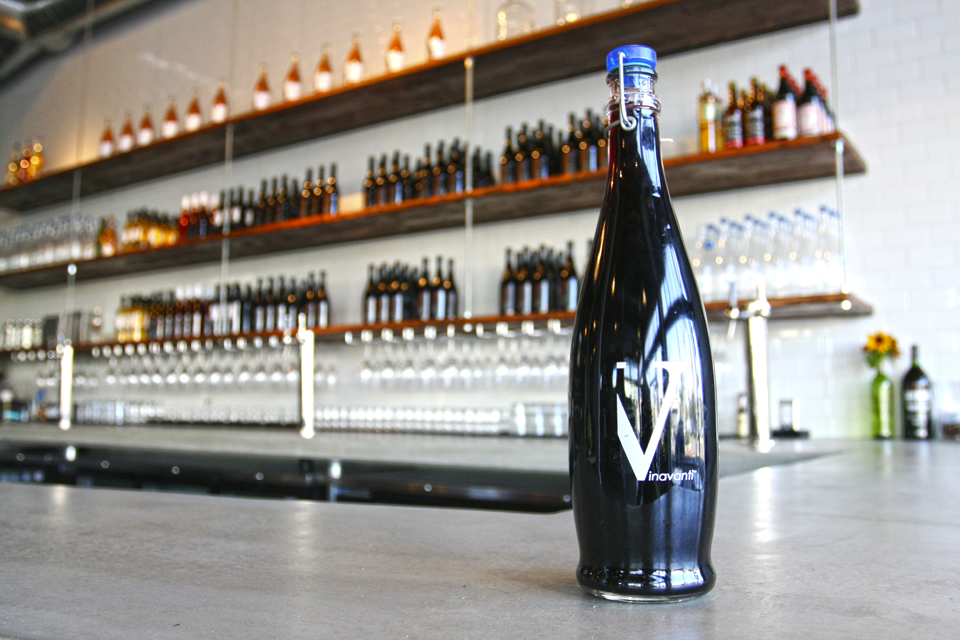 In a San Diego market overflowing with craft breweries, craft wine could be considered the black sheep (or bottle) of the bunch. Until you try it, that is. Then you just might become a dedicated convert like we are at Slow Food Urban San Diego.
In a San Diego market overflowing with craft breweries, craft wine could be considered the black sheep (or bottle) of the bunch. Until you try it, that is. Then you just might become a dedicated convert like we are at Slow Food Urban San Diego.